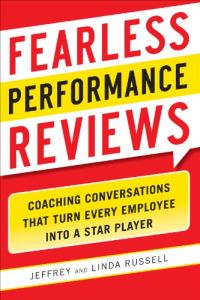
Fearless Performance Reviews
Coaching Conversations that Turn Every Employee into a Star Player
Recommendation
Performance reviews shape employees’ pay and promotions and affect their sense of self-worth. Managers detest performance reviews and have as much on the line as their staffers due to their overall responsibility for performance. The way most companies structure performance reviews brings out the worst in everybody. The more managers turn into posturing “my-way-or-the-highway” dictators, the more employees become surly, defensive obstructionists who feel threatened by evaluations they reject. Fortunately, you can take a better path to performance reviews by facilitating “performance-coaching conversations,” instead. Organizational experts Jeffrey and Linda Russell explain how to conduct performance reviews that actually improve performance. Their “fearless performance review” construct is a solid contribution to this process, even if some steps still sound a little scary. getAbstract recommends this productive path to those charged with review policy, HR professionals, and all supervisors and managers.
Summary
About the Authors
Jeffrey and Linda Russell are principals of Russell Consulting Inc. and the authors of nine other books, including Leading Change Training and Strategic Planning Training.





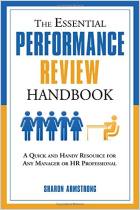
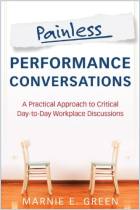
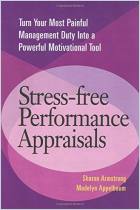
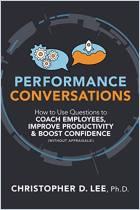
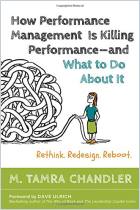
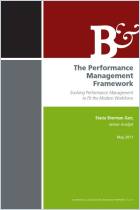




Comment on this summary